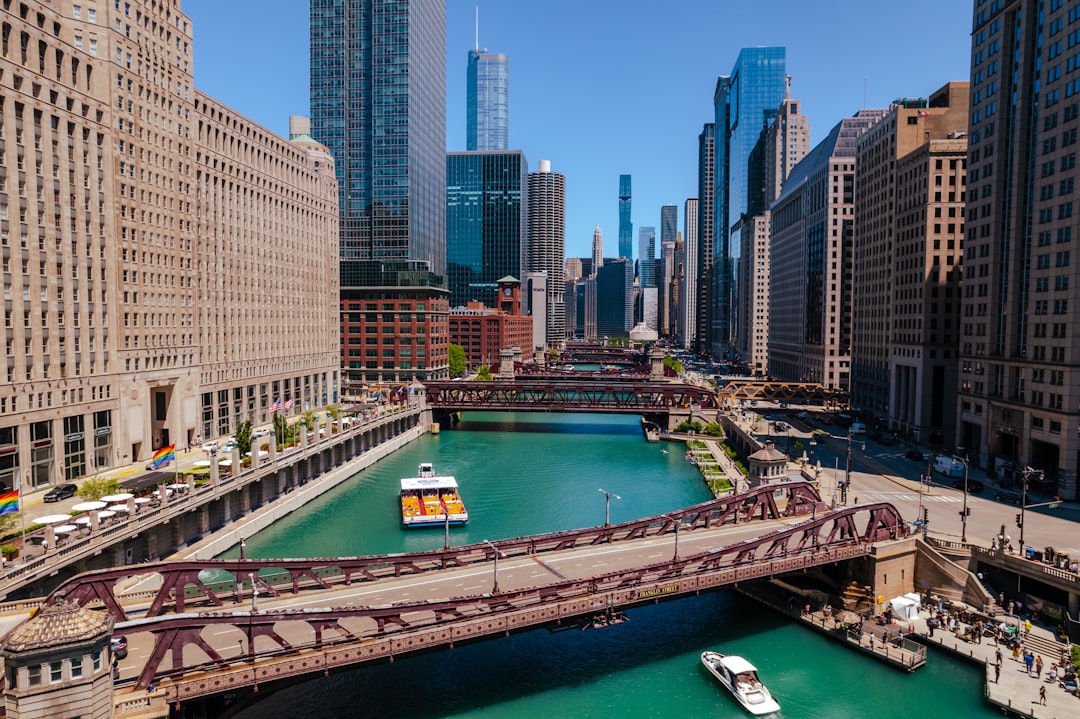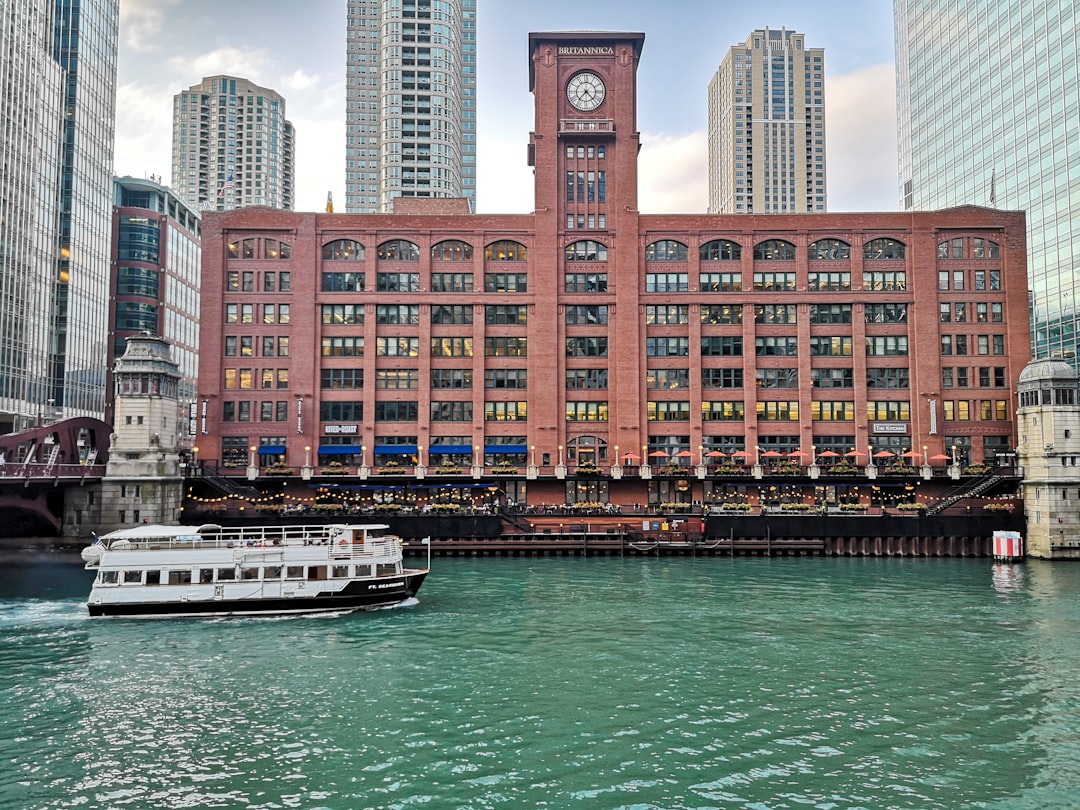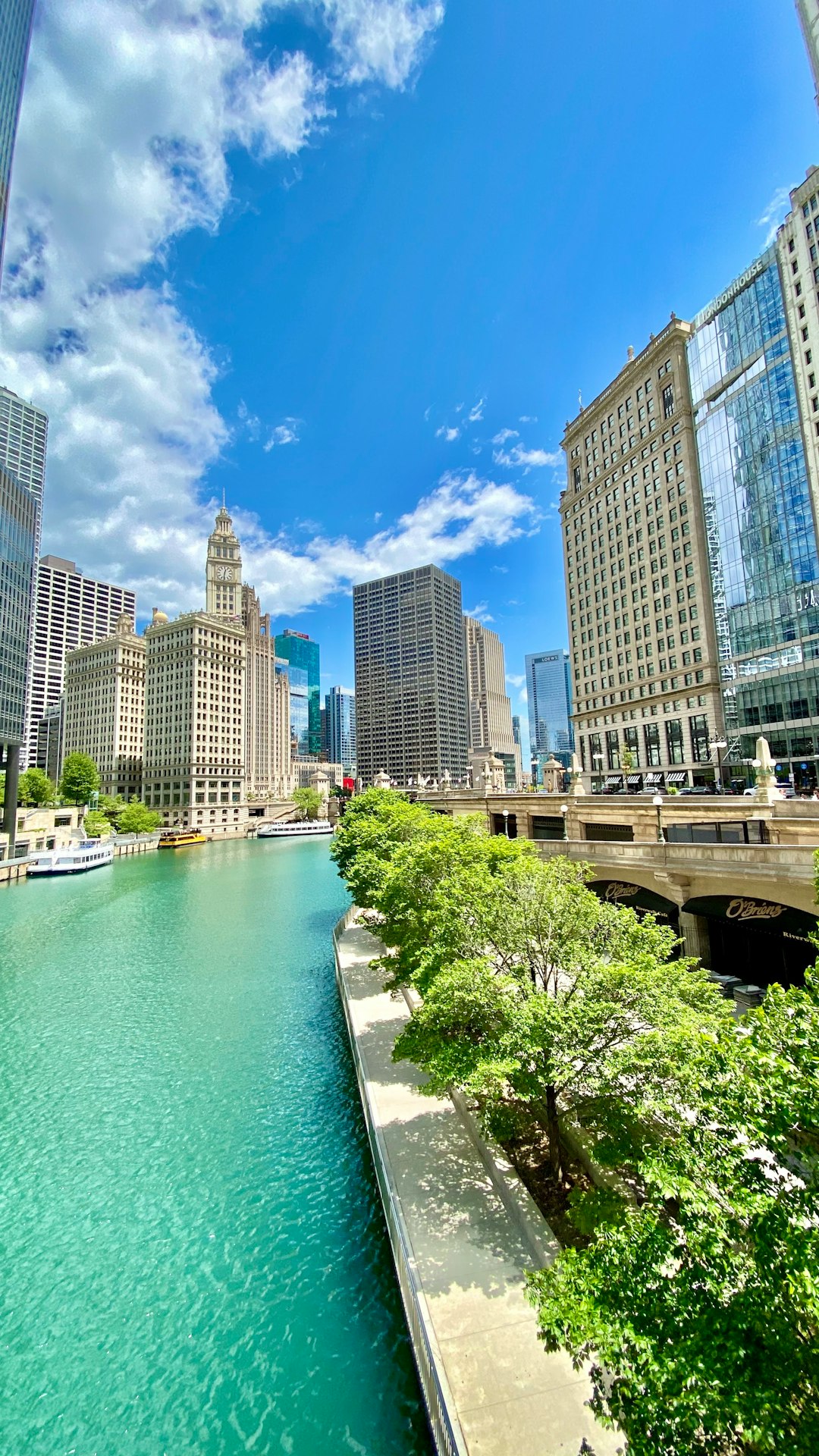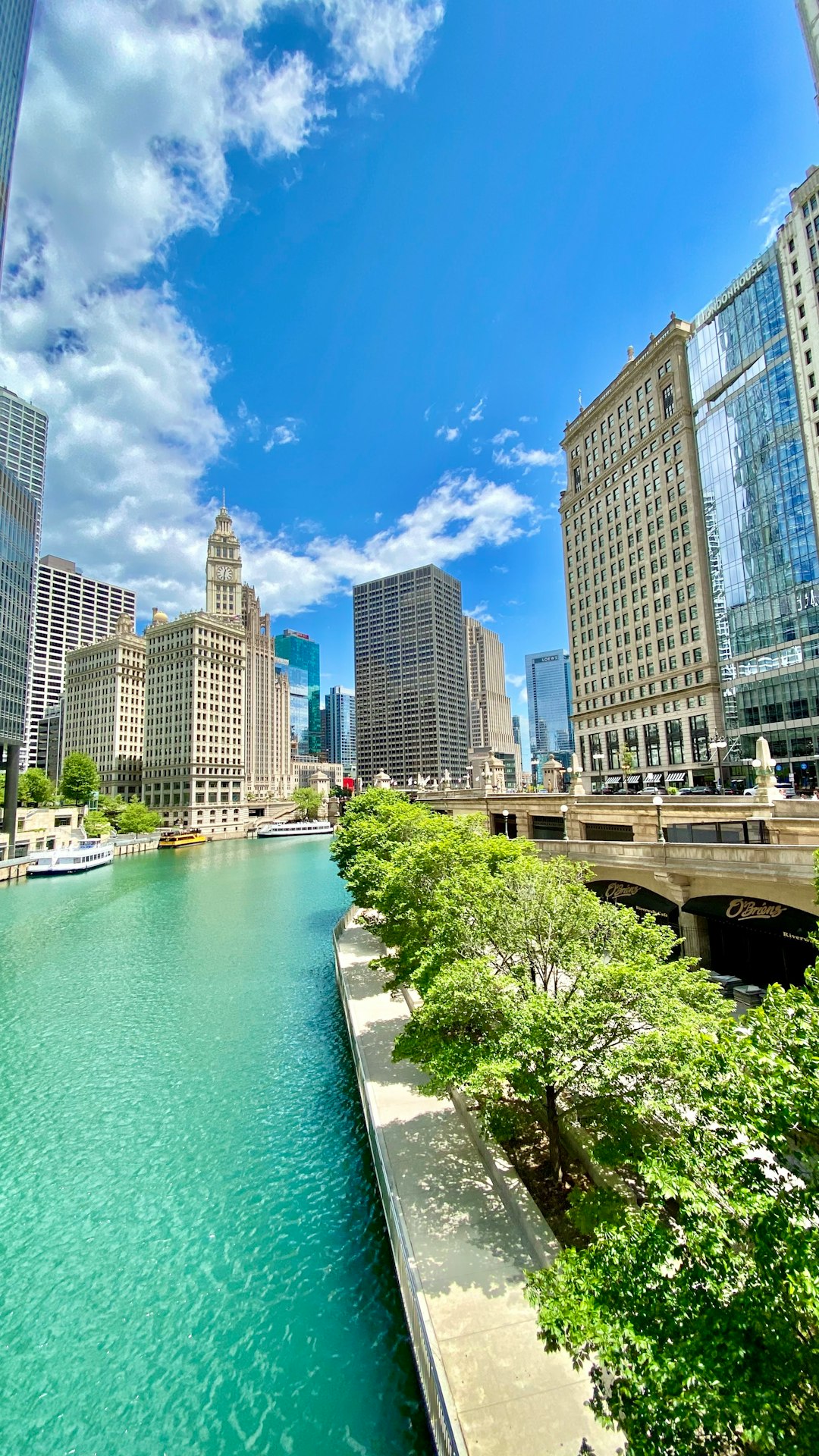Clergy abuse in Illinois is a sensitive yet critical issue, where power dynamics within religious institutions lead to emotional trauma for victims. Recognizing abusive patterns and understanding legal rights are key steps for survivors. Reporting such assaults, despite hesitations, is vital for healing and justice. Choosing the right clergy abuse attorney in Illinois is crucial; look for specialists with proven success, empathy, and aggressive representation. These attorneys guide survivors through legal processes, ensuring their rights are protected while aiming to secure compensation for damages. Support resources, including counseling, advocacy, and community services, empower survivors to navigate emotional trauma and access justice.
Legal Support for Survivors of Clergy Assault: Your Guide to Justice
Clergy abuse, a sensitive yet critical issue, often leaves survivors with complex legal challenges. If you or someone you know has experienced assault within a religious institution in Illinois, understanding your rights is essential. This comprehensive guide explores the various aspects of seeking justice, from recognizing patterns and reporting incidents to finding specialized legal representation and navigating the courtroom. We empower survivors by providing insights into their options and the available resources.
Key Sections:
– Recognizing and Understanding Clergy Abuse
– Reporting & Initial Steps
– Choosing a Clergy Abuse Attorney in IL
– The Legal Process for Advocacy
– Support Resources for Emotional and Practical Help
Understanding Clergy Abuse: Recognizing Patterns and Legal Rights
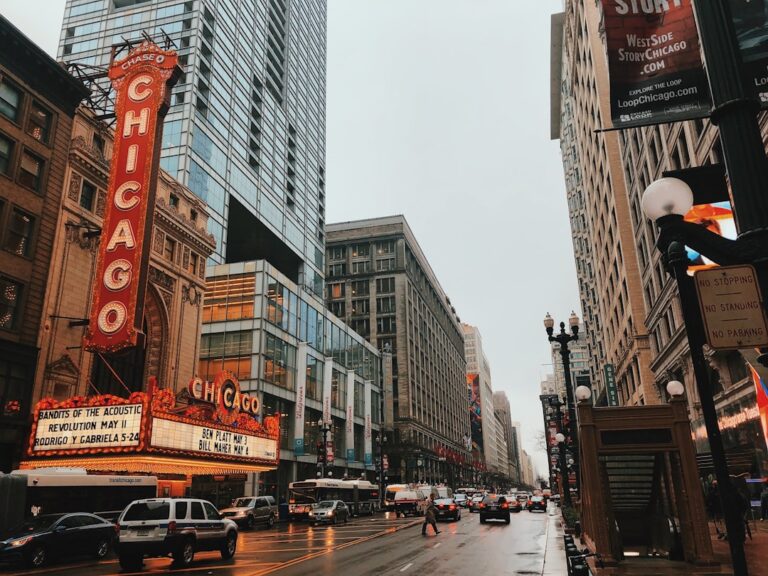
Clergy abuse, particularly within the context of religious institutions in Illinois, is a sensitive and complex issue. It often involves power imbalances, manipulation, and exploitation that can lead to severe emotional and psychological trauma for survivors. Recognizing patterns is crucial in identifying potential cases of clergy abuse. Survivors may experience a range of abusive behaviors, from inappropriate physical contact to emotional manipulation, financial exploitation, or sexual assault. These actions are often disguised as spiritual guidance or disciplinary measures.
Understanding one’s legal rights is an essential step for survivors seeking justice and healing. In Illinois, there are specific laws in place to protect individuals from abuse within religious organizations. A clergy abuse attorney can guide survivors through the legal process, helping them navigate the unique challenges that arise when pursuing justice against a member of the clergy or a religious institution. They can provide clarity on the rights and options available under Illinois law, ensuring survivors receive the support they need to take action.
The Importance of Reporting: Steps After an Incident
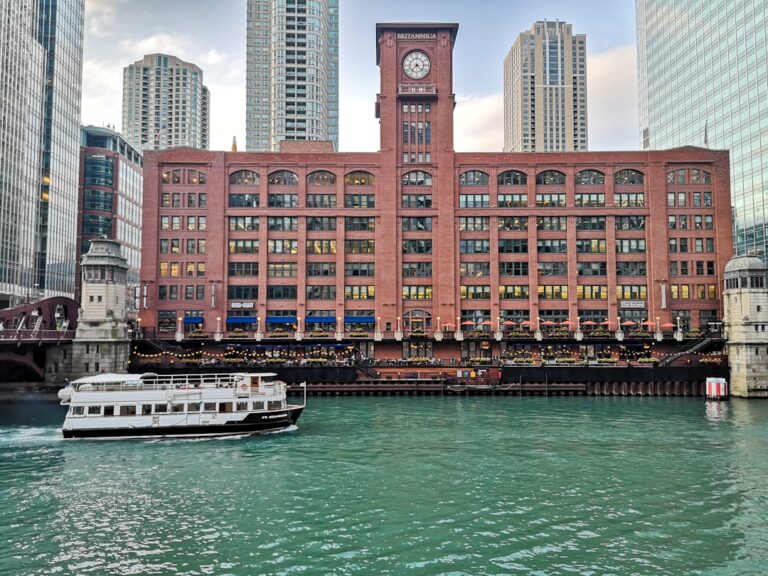
Reporting clergy assault is a crucial step towards healing and justice. Many survivors hesitate, often due to fear, shame, or trust issues, but coming forward can make a significant difference in ensuring accountability and preventing further harm. The first step after an incident is to seek immediate safety and support from trusted friends, family, or local helplines. This can provide the necessary emotional backup while also helping to document the assault, which serves as vital evidence for any potential legal action.
Once ready, survivors should consult a clergy abuse attorney in Illinois who specializes in these cases. A qualified lawyer can guide them through the legal process, ensuring their rights are protected and that they receive fair compensation if applicable. They can also help navigate the reporting procedures with relevant authorities while offering continuous support throughout the entire process.
Finding the Right Legal Support: What to Look for in a Clergy Abuse Attorney in Illinois

When seeking legal help for clergy assault survivors in Illinois, finding the right clergy abuse attorney is crucial. It’s essential to look for attorneys who specialize in this specific area of law and have a proven track record of success. Research their experience handling similar cases, their approach to client representation, and their understanding of the unique challenges faced by survivors.
Consider attorneys who are sensitive to the trauma involved in clergy abuse cases and can provide compassionate yet aggressive legal representation. Look for those who are well-versed in Illinois state laws pertaining to sexual misconduct, privacy rights, and civil litigation. Additionally, check if they offer free initial consultations and have a reputation for effective communication and responsiveness throughout the legal process.
Legal Process for Survivor Advocacy: From Filing a Claim to Trial
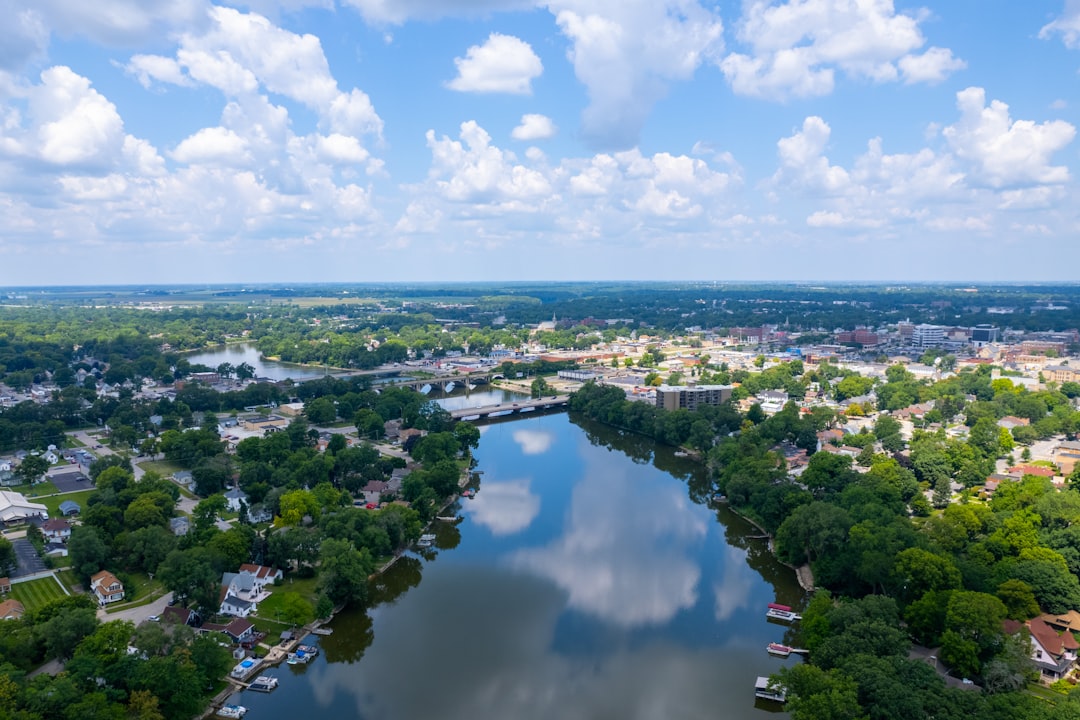
When surviving clerical assault, understanding the legal process is crucial for advocacy and pursuit of justice. The initial step involves consulting a clergy abuse attorney Illinois who specializes in such cases to discuss options and file a claim against the responsible parties. This includes identifying potential defendants, gathering evidence—such as medical records, witness statements, and documents relevant to the case—and navigating the specific legal procedures required for civil litigation in Illinois.
The subsequent stages involve formal filing of the complaint with the court, service of summons to the defendants, and potentially negotiations or mediation attempts before proceeding to trial. Throughout this process, a dedicated clergy abuse attorney Illinois will guide the survivor through each legal step, ensuring their rights are protected and aiming to secure compensation for damages incurred due to the assault.
Support Resources for Survivors: Emotional and Practical Help Available
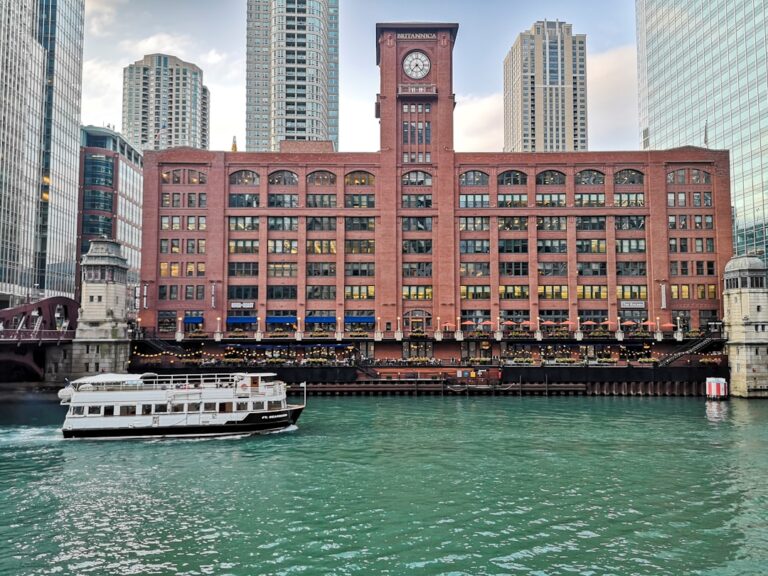
For survivors of clergy assault, navigating both the emotional and practical aspects of their experience can be overwhelming. Fortunately, a range of support resources are available to help them heal and rebuild their lives. Many organizations in Illinois offer comprehensive assistance tailored specifically for individuals who have experienced abuse within religious institutions. These resources include emotional support groups led by trained professionals, counseling services that address trauma and PTSD, and legal aid from clergy abuse attorneys dedicated to advocating for survivors’ rights.
Practical help is also accessible, such as guidance on seeking protection orders, understanding legal options for compensation, and connecting with community services. In Illinois, there are clergy abuse attorney specialists who can provide expert legal counsel, ensuring survivors understand their rights and have access to the justice system. These attorneys offer a safe space for survivors to share their stories and work collaboratively towards achieving justice and healing.

